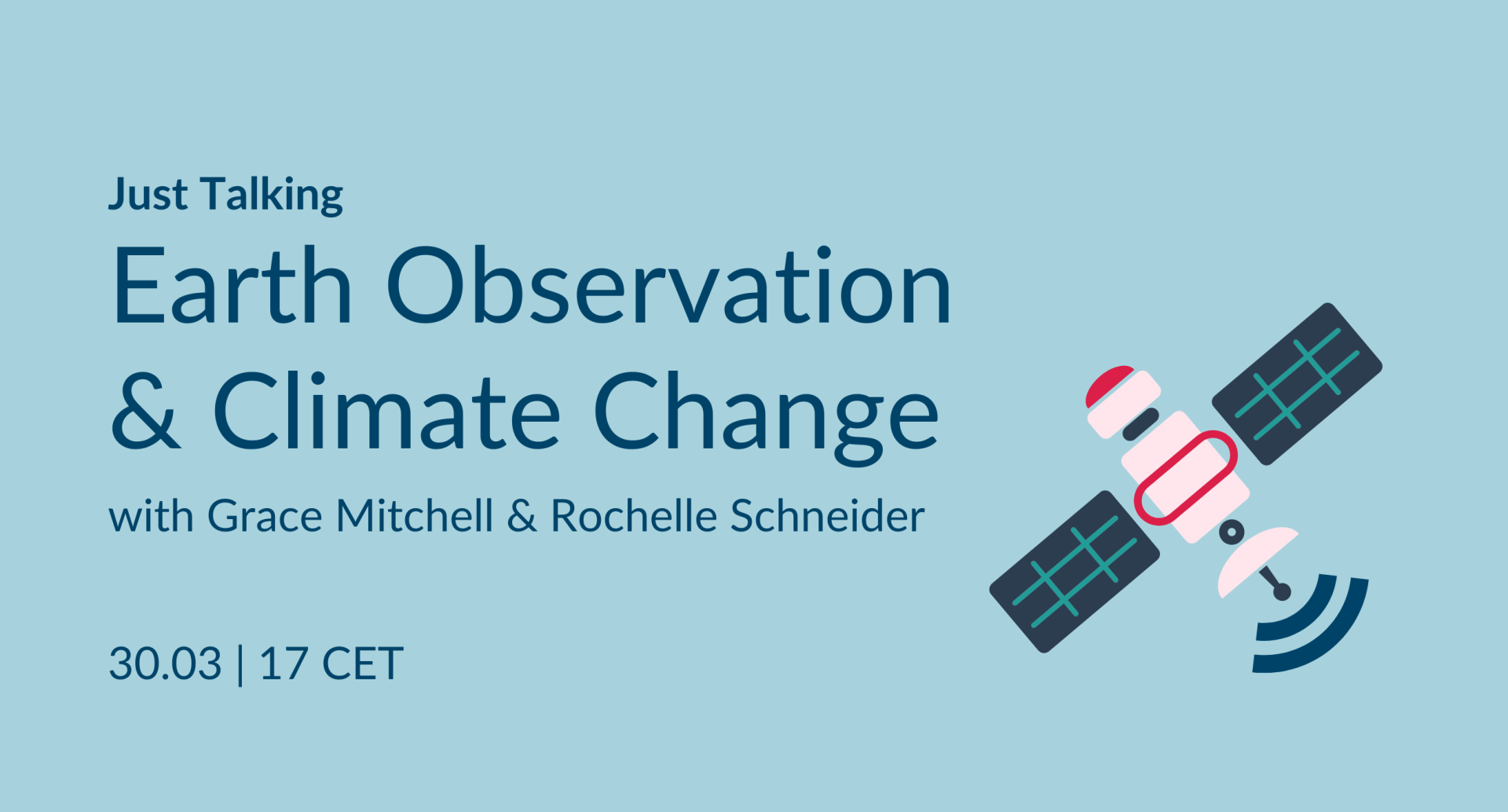ABOUT
You can’t fix what you can’t see. Discussing the role of Earth Observation in monitoring environmental change and how this can contribute to reaching global climate targets. Climate change is having serious impacts in the planet’s atmosphere and ecosystems. Accurate environmental data is key for scientists to understand, assess and predict the impact of the climate crisis and for policy-makers to advance effective strategies to mitigate and adapt to climate change. However, monitoring environmental changes is not an easy task. Satellites offer bird’s eye views that can reveal patterns and track changes that are hard to detect from the ground. The science of Earth Observation (EO) is living a golden age, following recent breakthroughs in satellite design and launch operations, coupled with recent advancements in spatial resolution and Artificial Intelligence (AI). What is the space sector space of art? What is the role of satellites and AI in the fight against climate change? How can EO data improve environmental monitoring?
SPEAKERS
Grace Mitchell is a Data Scientist at the environmental tech nonprofit, WattTime. WattTime’s mission is to give everyone the power to choose clean energy. The organization’s core products are marginal emissions data, AER solutions, and consulting. In 2019, Grace led a project proposal that was awarded a $1.7M grant from Google.org. The project is now a part of Climate TRACE, a coalition of over 10 organizations in collaboration with former US VP, Al Gore. At WattTime, Grace works on data pipelines and modeling power plant generation and emissions. This data will eventually enable more effective and transparent climate policy and strategy. Grace is also the co-lead of Diversity, Equity and Inclusion for Women+ in Geospatial, as well as a mentor for Omdena.
Dr. Rochelle Schneider is a Research Fellow in Artificial Intelligence for Earth Observation (AI4EO) at the European Space Agency (ESA). Rochelle is an advocate of extracting knowledge from satellite technologies to health applications (Space4health), unlocking the generation of global impact.
SHARE
Read More


Watch Our Episodes





